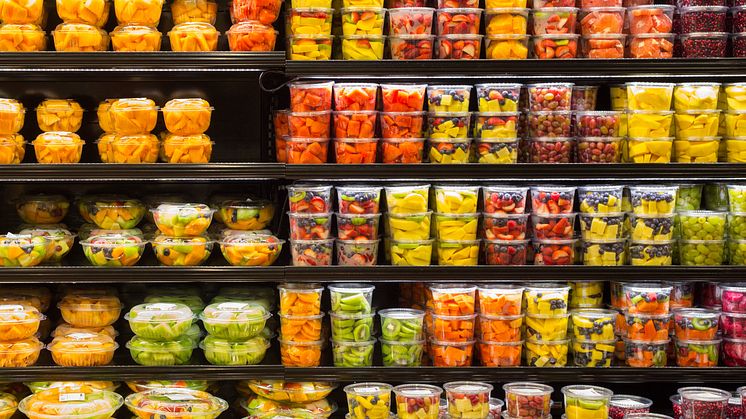
News -
Plastic food packaging chemical found in digestive system of 86% of teenagers
A chemical that has been linked to breast cancer, heart disease and reduced sperm counts in males has been found in the digestive system of 86% of teenagers who took part in a research study carried out by scientists at the UK’s University of Exeter.
The researchers note that the chemical, Bisphenol A (BPA), is widely used in the white lining inside tinned foods, drinks cans and bottle tops as well as the plastic packaging wrapping processed foods. They concluded that was not possible to 'moderate BPA exposure by diet in a real-world setting ... due to the difficulty in identifying BPA-free foods'.
The European Union recently stated that BPA poses a threat to human health because of its effect on people’s hormones and decided to restrict its use in food packaging. Although the plastics industry claims low levels of BPA are not health threatening, the chemical has been shown in some studies to have endocrine disrupting properties.
Furthermore, another study has indicated that Bisphenol S (BPS), a substitute for the chemical Bisphenol A (BPA) in the plastic industry, shows the potential for increasing the aggressiveness of breast cancer through its behavior as an endocrine-disrupting chemical.
The research was carried out at Oakland University School of Health Sciences, Rochester, Mich., and the study’s authors noted how BPS is found in disposable water bottles, babies milk bottles, currency bills and thermal paper receipts as well as many products touted to be free of BPA, a known endocrine-disrupting chemical suspected of having multiple possible health risks.
Project leader Professor Lorna Harries called for clearer labelling on packaging so that people can make informed choices. That call was echoed by the founder of water purification company Bluewater, Swedish environmental entrepreneur Bengt Rittri, who said it ’is shocking that we are being forced into polluting our bodies and the environment by the pervasive use of throwaway plastics that daily expose us to health-threatening chemicals in multiple ways.”
